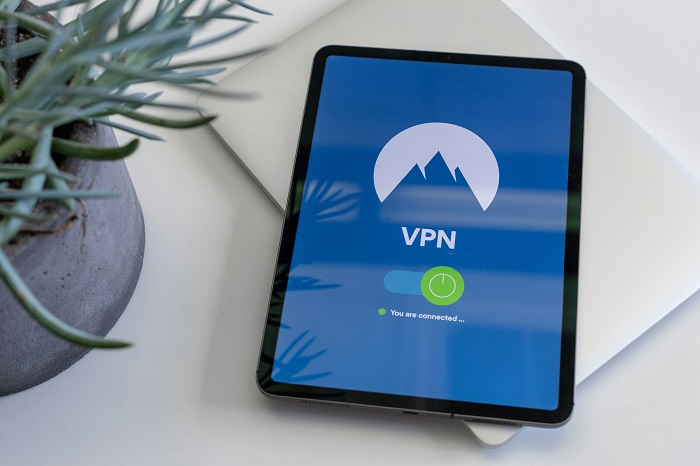Choosing the right VPN service is an important decision that can impact your privacy, security, and browsing experience. Many consumers are tempted by free VPN options as they seem like a good deal. However, free VPNs come with significant drawbacks that you should carefully consider. Here are 5 key reasons why you should avoid free VPNs.
1. Privacy and Security Risks
Free VPNs need to make money somehow, often by collecting and selling users’ data or showing intrusive ads. This poses serious privacy risks:
- They may log your browsing data and online activities and then sell it to third parties like advertisers and data brokers. This compromises your anonymity by linking your identity to your browsing history. They can gather very sensitive information about your interests, purchases, location, and more.
- Some free VPNs contain malware that can steal passwords, financial information, and other sensitive data from your device. This leaves you vulnerable to fraud and identity theft. The malware can also damage your device’s performance.
- Weak encryption protocols used by free VPNs can leave your data vulnerable to hackers. Your passwords, emails, and sensitive information may be easily intercepted and stolen. Paid VPN services invest more in security and tend to use stronger encryption like AES-256 bit to fully protect your data. You can check more info about security on their website.
2. Slow Speeds and Strict Data Caps
Free VPN providers significantly throttle speeds and impose strict data limits to reduce costs:
- Data caps typically range from just 2-15 GB of data per month. Once you hit this low limit, your connection speed becomes extremely slow or the service stops working until the next month. This makes general browsing and streaming nearly impossible.
- Congested servers with limited bandwidth result in frustratingly slow connection speeds. Even when under the data cap, free VPNs often deliver speeds far below your ISP’s network. Paid VPN services invest in robust infrastructure with fast server networks to deliver consistently fast speeds for HD streaming and quick downloads.
3. Very Limited Server Selection
Top paid VPNs offer thousands of servers across the world, letting you bypass geographic restrictions and access content from any country. Free VPNs only have a small handful of often overloaded, slow servers concentrated in just a few locations.
With only a couple of locations available, free users will be sharing connections with thousands of others on the same crowded servers. This significantly slows speeds. And you won’t be able to shift your virtual location for accessing restricted content. Paid services give you a vast global network.
4. Extremely Limited Customer Support
Reputable paid VPN services provide 24/7 live chat support and extensive troubleshooting guides online. With free VPNs, you’ll likely deal with very limited customer assistance.
Support options are often restricted to just email tickets with slow responses. There is little investment in helpful support resources and documentation compared to paid services. You’ll be mostly on your own figuring out problems.
5. Hidden Costs Add Up
While free VPN services don’t charge anything upfront, the hidden costs of privacy violations, security risks, consistently poor performance, and lack of support add up. With free options you give up control – they profit off your data behind the scenes.
Paid VPN services are transparent about their reasonable pricing so you know exactly what you’re getting. The small monthly cost is worth it for top-tier privacy, speeds, access, and support.
Conclusion
Avoid the “free” gimmicks used by VPNs to gather and sell your data while providing a poor experience. Paid VPN services give you robust privacy protections, consistently fast speeds, access to thousands of worldwide servers, and excellent customer support at a fair price. Do your research to find a premium paid provider that best aligns with your needs.




